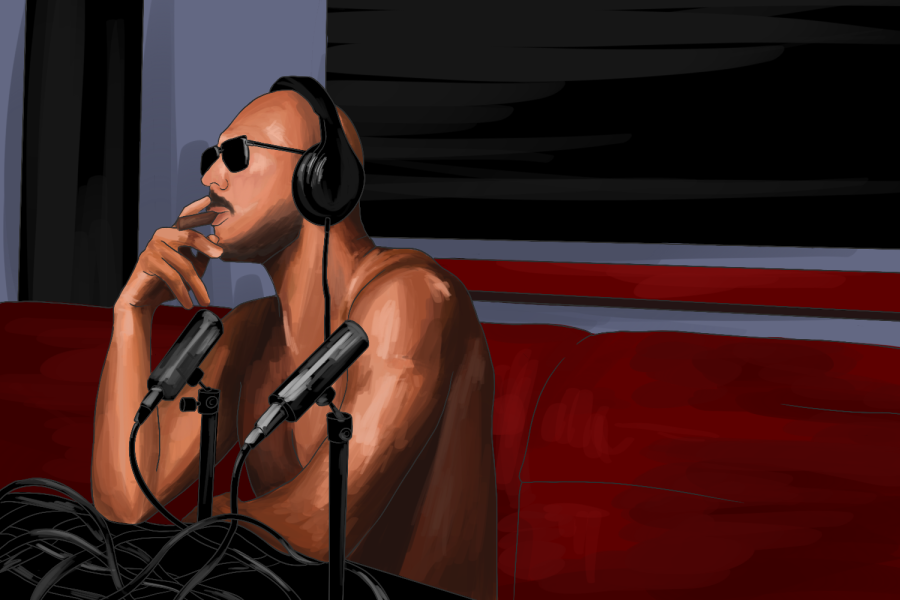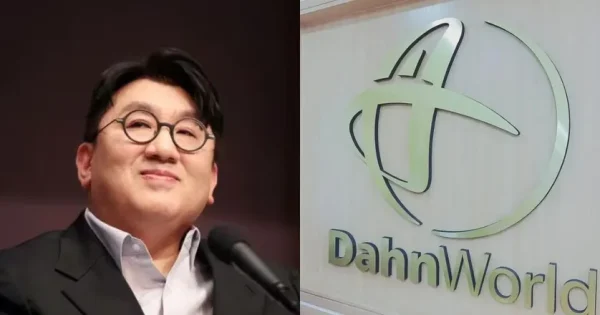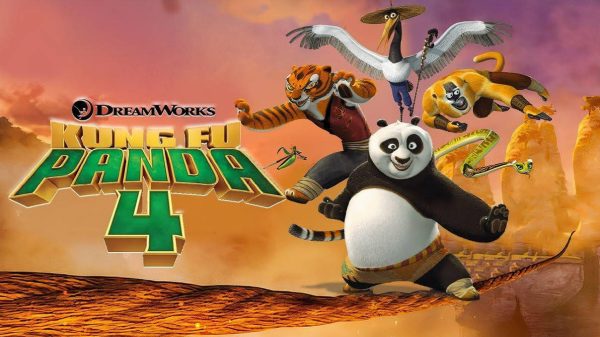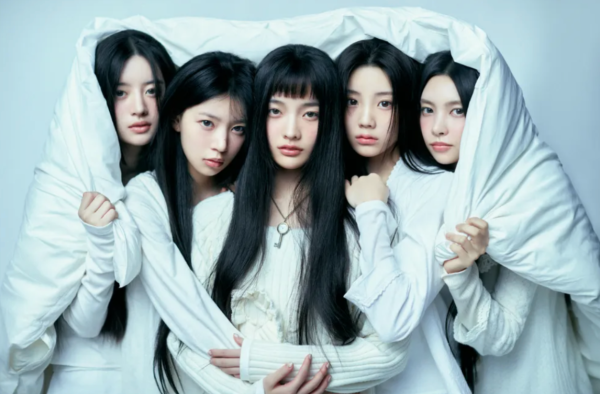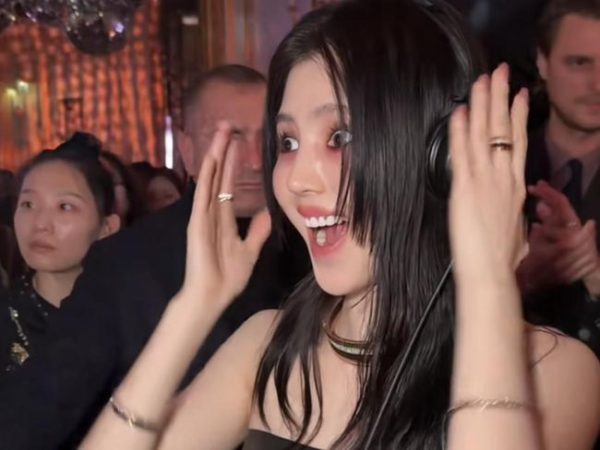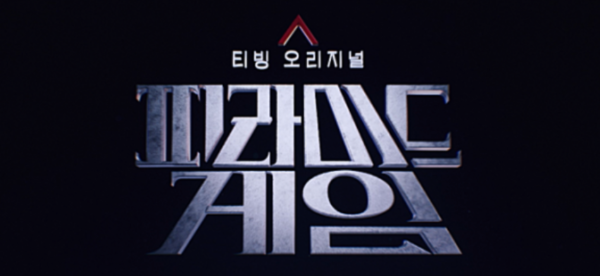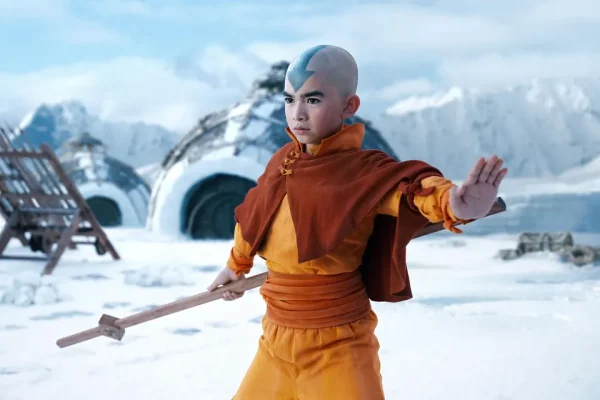Social media platforms ban Andrew Tate
Viral influencer Andrew Tate was banned from Facebook and Instagram on Aug. 20 for violating social media regulations. TikTok followed Meta’s ban decision later on the same day. His two YouTube accounts were banned on Aug. 23.
Meta defended the ban, stating Tate violated their policies on dangerous organizations and individuals. A TikTok spokesperson said to National Public Radio that “misogyny is a hateful ideology that is not tolerated on TikTok.”
“Andrew Tate has said countless sexist remarks, such as ‘women belong in the home,’ ‘women are a man’s property,’ and ‘rape victims must bear responsibility for their attacks,’” Yoonseo Kang (11), avid TikTok user, said.
After being banned from Meta, Tate claimed that he “was playing a comedic character” and that his videos “have been taken out of context and amplified to the point where people believe absolutely false narratives” about him.
“There are a few moments where Tate seems to be exaggerating, as he would often ‘break character’ and burst out of laughter in the middle of saying something absurdly misogynistic,” Yoonseo said. “However, Tate seldom indicates that he is a character—a person seeing him for the first time would not know.”
According to Joon Sung Kim (11), Tate critic, whether Tate “acted out a character is not the key issue; his wide influence is.”
“His philosophies are widely exposed to young people exploring the internet,” Joon said. “Young people on the internet are susceptible to being blindly brainwashed by Tate’s misogynistic ideas because they have yet to develop a critical mindset and a cognitive filter.”
His radical fans frequently repost short clips of Tate on their own social media account—a major factor in Tate’s sudden virality. Because of this phenomenon, the ban will not reduce the amount of exposure to Tate videos, Yoonseo claims.
“Many of the repost Tate clips I have seen contained lauding comments by fans idolizing him—and nobody was arguing back against them,” Yoonseo said.
Another controversy surrounding Tate is his exploitation of popularity to lure people into subscribing to Hustlers University—Tate’s now closed online program aiming to educate people on making money online through 18 modern methods.
“Hustlers University may be a pyramid scheme, in that enrollers of the ‘university’ gain profit by getting more people to join it by their route,” Joon said. “The aggressively promoted course is, in reality, a scam that merely offers enrollers low-paying job opportunities near their area. ”
Nonetheless, questions on the justification of the bans linger.
“There are both sides to the argument,” Niko Lambert, social media user, said. “It may be dangerous for big technology companies to hold too much power on what to do with individuals.”
Still, Mr. Lambert said the ban may have been adequate for Tate’s situation.
“In social media, certain base values must be protected,” Mr. Lambert said. “Tate’s massive follower base and far-reaching influence are concerning, so some form of intervention seemed necessary to halt his spouting of misogyny.”
Yoonseo shared the view that external action is necessary to protect other social media users.
“It is important for parents and schools to educate young children to develop a critical mindset,” Yoonseo said. “The first step to undoing Tate’s extensive impact is to make young children aware that misogynistic statements made by Tate and many others are radical and untrue.”
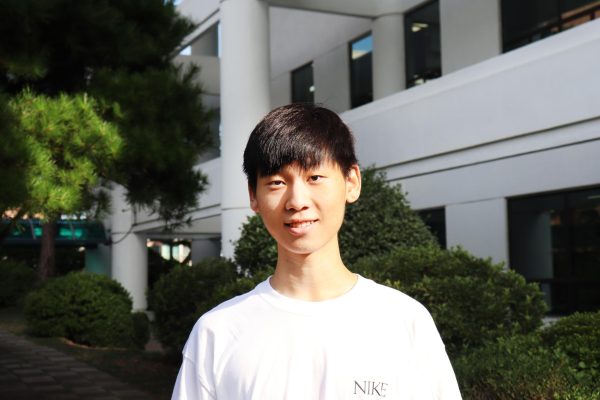
Joseph is the senior design & production editor. He is a night person and often heavily relies on coffee. In his free time, he loves to watch LoL Champions...

